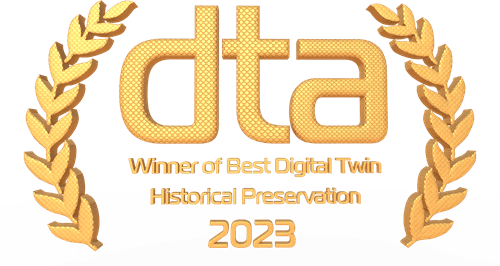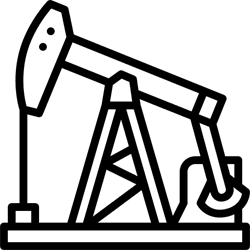Overview
This story explores why Valor International needed a Digital Twin Solution and how it transformed the way they managed and maintained important equipment. Creating a virtual copy of their physical setup aimed at monitoring things in real-time, predicting issues before they happen, and improving troubleshooting. Thanks to Limina’s technology, Valor not only upgraded its operations but also saved money and provided better service. Valor’s journey to this digital twin solution is a great example of how new technology can make traditional industries more efficient and eco-friendly.
The Challenge
Valor International needs to invest in maintenance, security, technology, and managing its workforce to stay nimble and keep things running smoothly. Valor faced two big challenges: dealing with slow diagnostics and fixes for complex machinery during downtimes, which hurt efficiency, and the risk of losing experienced workers and the long time it took to train new ones. They set three goals:
- Speed up training for new employees.
- Make troubleshooting equipment faster and better documented.
- Change how workers do their jobs and cut costs tied to fixing equipment.
The Approach
Valor International Holding, a forward-thinking company in the maritime industry, dealt with lots of challenges related to managing their workforce and keeping things running smoothly. With a big and diverse group of workers, complicated cargo operations, and always adapting to changes, Valor saw the importance of using Industry 4.0 features. They chose Limina’s Connected Workers solution. Limina Studios used a mix of tools, like digital twin tech and VR/AR solutions, to make fixing problems easier. By bringing in experienced technicians and using IoT sensors, Limina aimed to make sharing knowledge simpler, let workers access important info from far away, and help everyone communicate better.
The Solution
Limina Studios made things easier for Valor International by scanning the entire oil farm to create a digital twin in Hamria and Fujairah, creating a digital copy that understood the complexities. They made an easy-to-use app with AR and VR features that let all workers, whether on-site or far away, access info and troubleshoot. Limina Studios’ Threads feature helped workers talk about problems based on location, making reporting issues and talking in teams more efficient, improving how things got done.
The Results
Valor International Holding looked at how well new and experienced workers did their jobs. They found big differences, with new workers taking 86% more time to stop a crane compared to the 50% faster-experienced workers. The project’s success not only showed how important skilled workers are but also how Valor made big improvements in how they ran things. Before Limina’s solution, experienced workers took 30 minutes to troubleshoot, reduced to 15 minutes—a 50% drop. New workers took 90 minutes, reduced to 14 minutes—an 84% improvement.


 Virtual Tour
Virtual Tour CGI Virtual Tour
CGI Virtual Tour Photography & Video
Photography & Video Virtual Reality
Virtual Reality Virtual Commerce
Virtual Commerce Indoor Navigation
Indoor Navigation Analytics
Analytics Avatars
Avatars Ticketing System
Ticketing System Connected Workforce
Connected Workforce Facilities Management
Facilities Management Real Estate & Architecture
Real Estate & Architecture Hospitality and Travel
Hospitality and Travel Museum and Galleries
Museum and Galleries Retail and Showrooms
Retail and Showrooms Industry 4.0
Industry 4.0 Education
Education Oil & Gas
Oil & Gas Blog
Blog Case Studies
Case Studies About us
About us Partners
Partners


















